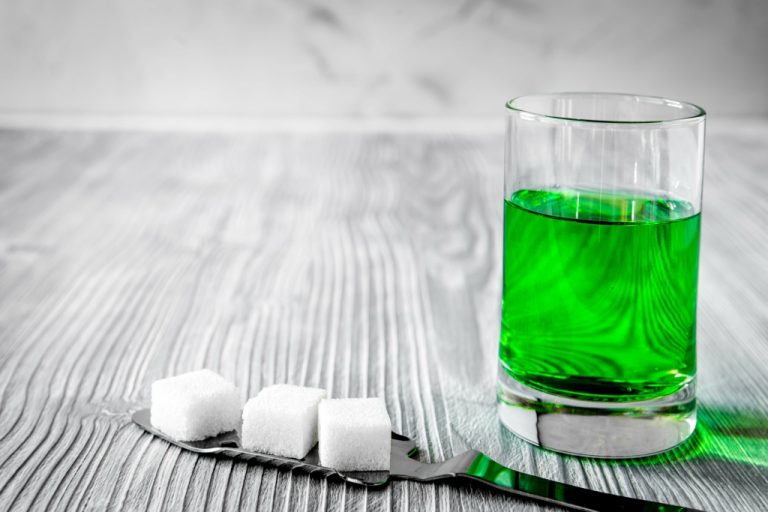But if you turn to alcohol to get you through the day, or if it causes trouble in your relationships, at work, in your social life, or with how you think and feel, you may have a more serious https://comprarvimaxnobrasil.com/what-is-mental-health.html problem. Major depressive disorder involves persistent and prolonged symptoms, but depression, in general, takes on many different forms. Depressive symptoms can result from life stressors, mental health conditions, medical conditions, and other factors. Many studies have found that alcohol dependence is closely linked to depression.
- This is especially true for those who use other medications or have a chronic medical condition.
- Yes, initially and in small doses, alcohol does act as a stimulant.
- Another way that depression could lead someone to drink alcohol is through changes in their brain as a result of depression.
Alcohol use disorder

Ways that your standard hangover cures won’t even begin to touch. Your gut microbiome is a http://www.konsalter.ru/rb/res22096.htm hotbed of bacteria that help keep your digestive system happy and healthy. The trillions of microbes in your colon and large and small intestines are critical to proper digestion. They also help fend off inflammation and support healthy metabolism.
Can alcohol act as a stimulant?
Alcohol is another example, which is typically characterized as a depressant but has stimulant effects. Stimulants and depressants both affect your brain function and central nervous system. Drinking http://vecmir.ru/index.php/vecmirlife/476-/videos/video/1881-eminem-i-need-a-doctor-parody-the-key-of-awesome-40?groupid=6 alcohol can lead to problems with memory and thinking clearly. If you drink, it is essential to know how alcohol affects you and how much is too much.

How are they treated?
When alcohol enters the body, most of it is absorbed into the bloodstream through the intestines. Blood, and therefore alcohol, is quickly distributed throughout the body and the brain. This happens faster than the liver can metabolize and eliminate alcohol. A psychotropic substance impacts the brain and can affect thoughts, mood, or behavior. Alcohol is a depressant that affects the central nervous system (CNS). Children who were abused or raised in poverty appear to be more likely to get both conditions.

General Health

Alcoholics Anonymous is available almost everywhere and provides a place to openly and nonjudgmentally discuss alcohol issues with others who have alcohol use disorder. But there’s plenty of research to back up the notion that alcohol does lead to weight gain in general. Heavy drinking can also lead to a host of health concerns, like brain damage, heart disease, cirrhosis of the liver and even certain kinds of cancer.



